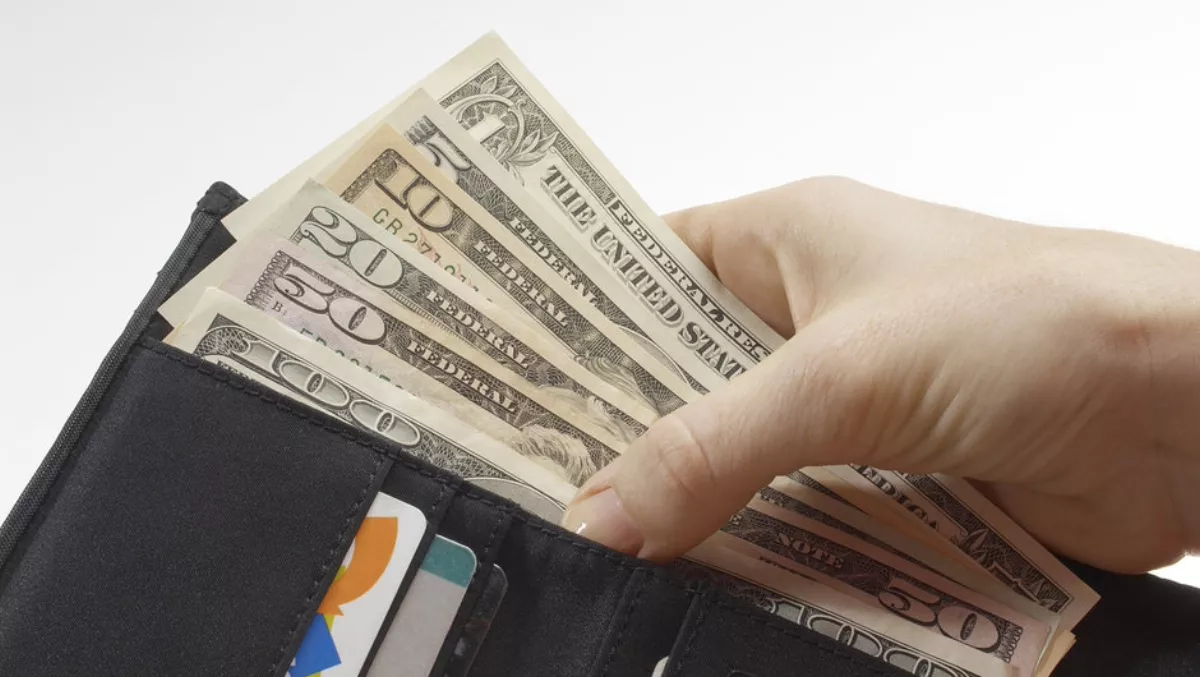
A message on just how eagerly Web users might embrace the idea of paying for news online was received loud and clear recently, when US Web site Newsday.com decided to charge for access to its content. The charge was $US5 a week, or $260 a year. Three months later, just 35 subscribers had signed up.Newsday, based in Long Island and owned by the Dolan family, was undeterred by the poor response, despite having spent around $4 million on the site's relaunch. Publisher Terry Jimenez said it was “35 more than I would have thought it would have been” – hardly a vote of confidence. It was also pointed out that subscribers to the newspaper and the Dolan family's associated cable TV service had free access to the Web site.Although site traffic is down – 1.5 million unique visits a month compared to 2.2 million before Newsday started charging – its owners are persisting with the payment regime.More prominent in the ‘charge or die' approach being adopted by newspaper proprietors is the New York Times, which announced earlier this year that starting in January 2011, it would be charging a flat fee for “unlimited access” to its online content. Casual readers will be able to read the home page, but there will be a limited number of articles they can read in full each month; once they exceed that limit (not yet stated), they will be asked to pay.Subscribers to the print edition will not be charged, and how much casual readers will pay has yet to be determined. Individual articles can still be read in full if accessed via search engines such as Google News.The risk being taken by the Times became clear immediately – share prices fell 39 cents after the announcement. Dissenting from the view that charging is key to survival is The Guardian's editor-in-chief, Alan Rusbridger, who says paying to read newspaper sites could lead the industry to a “sleepwalk into oblivion”.Rusbridger describes paywalls as “a hunch”, and warns that wholesale adoption could shut the newspaper industry out of the digital revolution and the chance for greater engagement with readers.Newspapers would do better, Rusbridger says, to experiment with different online advertising models.Installing paywalls is a gamble – there are so many alternative sources of news and information. Those who decide to charge need to be sure that their content is of sufficient value.
.webp)